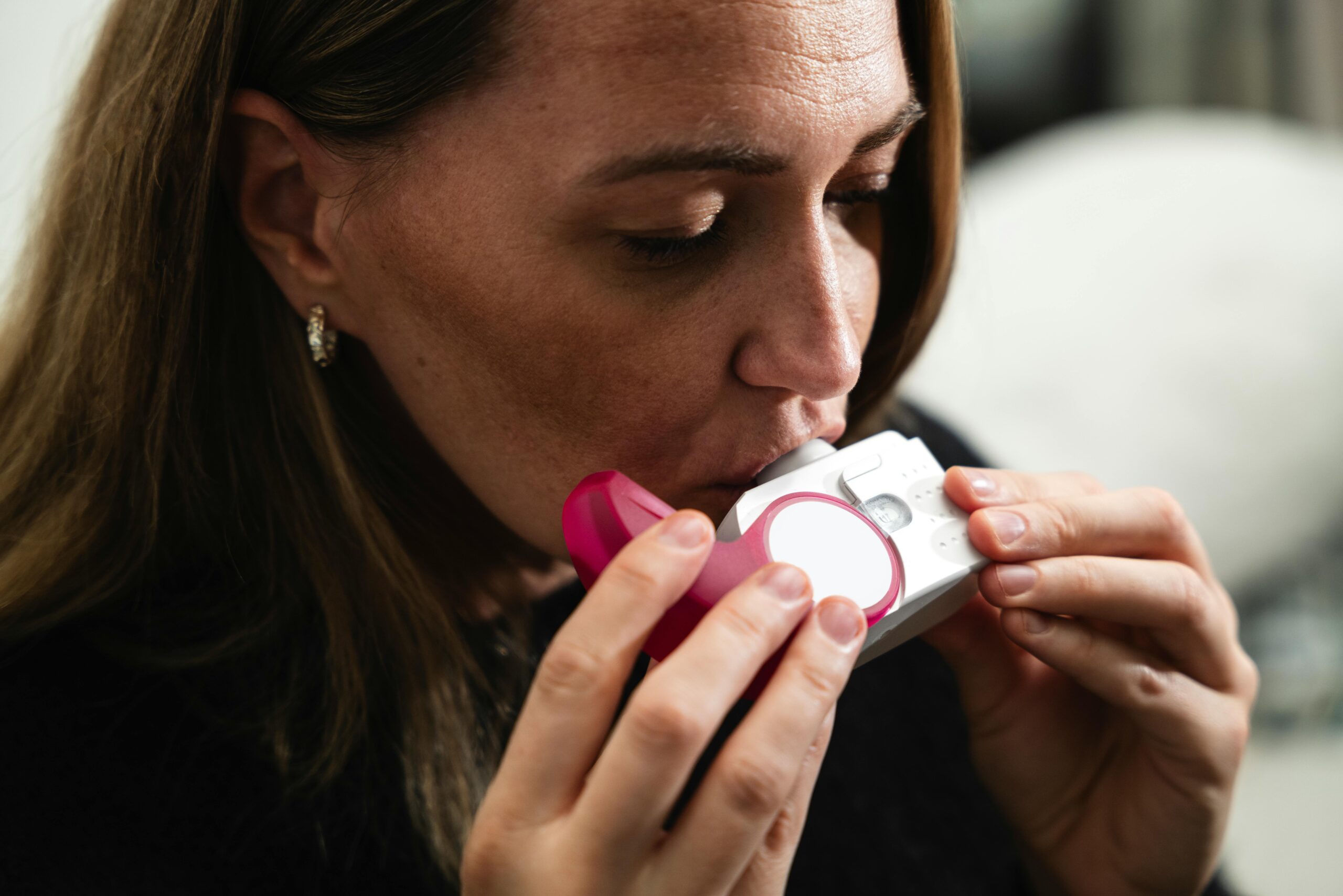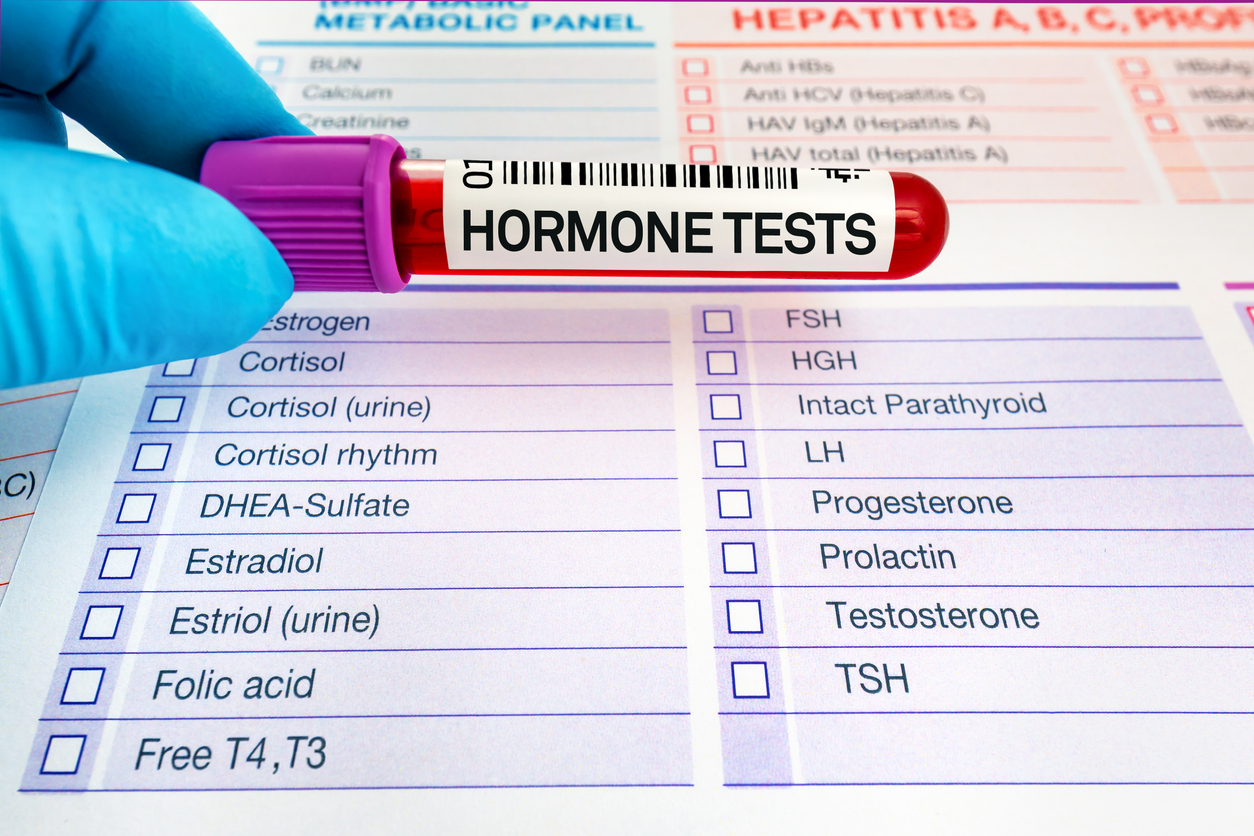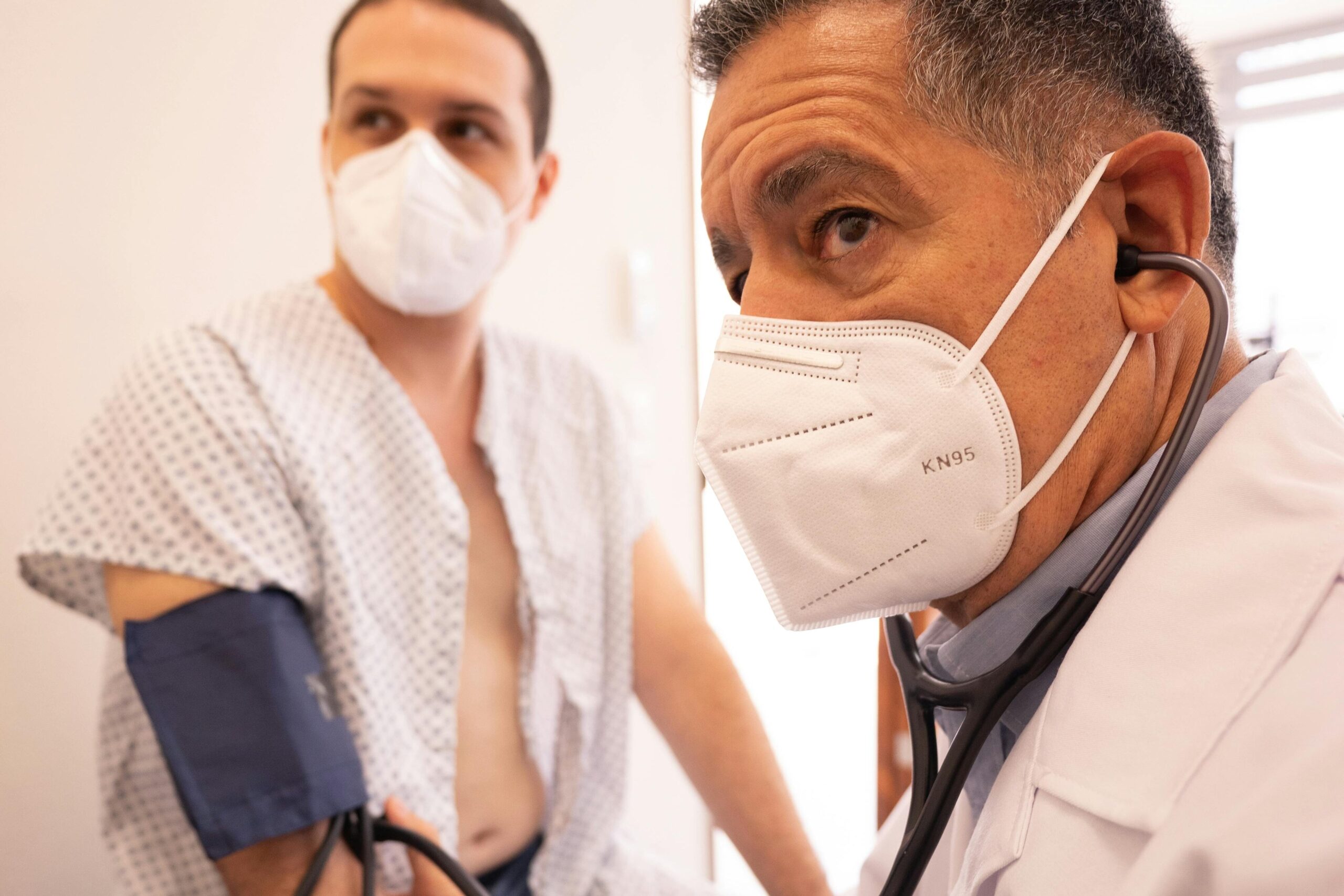1. Persistent Fatigue That Just Won’t Go Away

Feeling constantly exhausted, even after a good night’s sleep? It could be more than just stress—microplastics may be playing a role. According to The National Library of Medicine, exposure to plastic toxins can disrupt hormone balance, leading to chronic fatigue and sluggishness. Plastics contain chemicals like bisphenol A (BPA) and phthalates, which can interfere with your body’s natural energy production.
Over time, your immune system may also become overworked as it tries to fight off the foreign particles in your bloodstream. This ongoing battle can leave you feeling drained and foggy-headed, struggling to stay alert throughout the day. If your energy levels have taken a mysterious nosedive, it might be time to examine your plastic exposure—especially in food packaging and water bottles.
2. Unexplained Digestive Issues and Gut Discomfort

Ever feel bloated, gassy, or struggle with frequent stomach pain without any clear reason? Your gut could be reacting to tiny plastic invaders. Research has found that microplastics can disrupt gut bacteria, leading to an imbalance in your microbiome. Since gut health is linked to digestion, mood, and immunity, this imbalance could cause a ripple effect throughout your body.
Some people experience chronic constipation, diarrhea, or irritable bowel syndrome (IBS)-like symptoms due to microplastic exposure. The plastic particles may also cause inflammation in the gut lining, making digestion even more uncomfortable. If your stomach is constantly unsettled, cutting back on plastic-wrapped foods and switching to filtered water might help ease the symptoms.
3. Skin Breakouts and Increased Sensitivity

Your skin is your largest organ, and when toxins build up inside your body, it often shows up externally. If you’ve noticed more breakouts, rashes, or increased skin sensitivity, microplastics could be a hidden culprit. Plastics carry endocrine-disrupting chemicals, which can interfere with hormone levels and trigger skin inflammation.
Microplastics have even been found in human sweat, meaning your body might be trying to push them out through your pores. This can lead to acne, redness, and irritation that doesn’t seem to clear up with typical skincare routines. If your skin has been acting up despite all your efforts, reducing your exposure to plastic-laden beauty products and food containers might be a game-changer.
4. Frequent Headaches and Brain Fog

Struggling to concentrate or experiencing more headaches than usual? Microplastics could be affecting your brain health. Certain plastic chemicals, like BPA and phthalates, have been linked to neurotoxicity, meaning they can interfere with brain function. These toxins may cause inflammation in the nervous system, leading to persistent headaches, dizziness, and mental fog.
Since microplastics have been detected in the bloodstream, it’s possible they’re circulating to the brain, impacting cognitive function. If you’ve been feeling forgetful, easily distracted, or like your thoughts are moving slower than usual, it could be worth looking into your daily exposure to plastics. Reducing single-use plastics, especially in food storage, might help clear the fog.
5. Weakened Immune System and Frequent Illness

Do you catch colds or infections more often than you used to? Your immune system might be struggling to keep up with microplastic exposure. Scientists believe that microplastics can trigger low-grade inflammation in the body, forcing your immune system to constantly be on high alert. This can leave it too overworked to properly defend against viruses and bacteria.
Plastic particles may also interfere with white blood cell production, making it harder for your body to fight off infections. If you feel like you’re getting sick too often or taking longer to recover, consider reducing your plastic intake—especially from bottled water and processed foods. Supporting your immune system with a whole-food diet and proper hydration may help counteract some of these effects.
6. Sudden Allergies or Respiratory Issues

Have you developed new allergies or breathing problems that weren’t an issue before? Microplastics in the air could be contributing to respiratory irritation. Researchers have discovered plastic particles in human lung tissue, meaning we’re not just consuming microplastics—we’re inhaling them too. These airborne plastics come from synthetic clothing fibers, polluted air, and even household dust.
Over time, breathing in microplastics can cause inflammation in the lungs, leading to chronic coughing, sneezing, or even worsening asthma symptoms. If your respiratory health has changed unexpectedly, switching to natural fibers in clothing and using air purifiers indoors might help minimize exposure. Keeping your home free of synthetic dust and reducing plastic-based household products can also make a big difference.
7. Hormonal Imbalances and Irregular Periods

Your hormones control nearly every function in your body, from mood to metabolism, and microplastics may be throwing them off balance. Many plastics contain endocrine disruptors like bisphenol A (BPA) and phthalates, which mimic natural hormones and interfere with your body’s endocrine system. This can lead to a range of issues, including irregular menstrual cycles, mood swings, and weight fluctuations.
For women, plastic exposure has been linked to more severe PMS symptoms, heavier or lighter periods, and even early menopause. Men aren’t exempt either—studies suggest that plastic-related chemicals can lower testosterone levels and contribute to infertility. If you’ve noticed unexpected changes in your body’s rhythm, switching to glass or stainless steel for food storage and avoiding plastic-packaged foods could help reduce exposure.
8. Difficulty Losing Weight Despite Diet and Exercise

Are you eating well and staying active but still struggling to shed those extra pounds? Microplastics could be interfering with your metabolism. The chemicals found in plastics have been linked to obesity and metabolic disorders, largely because they disrupt hormones that regulate fat storage and appetite. BPA, for example, has been shown to increase insulin resistance, making it harder for your body to process sugars efficiently.
Over time, plastic toxins can alter how your body processes and stores fat, making weight loss feel impossible. They may also increase inflammation, which has been associated with sluggish metabolism and higher fat retention. If you’re hitting a plateau despite your best efforts, minimizing plastic exposure—especially in food containers, water bottles, and cookware—could be the missing piece.
9. Lowered Fertility in Both Men and Women

Fertility rates are declining worldwide, and microplastics could be playing a bigger role than we think. Research has found that plastic-related chemicals can reduce sperm quality, lower egg count, and disrupt normal reproductive function. In women, these endocrine disruptors may interfere with ovulation and implantation, making conception more difficult.
For men, exposure to microplastics has been linked to lower sperm motility and even DNA damage in sperm cells. Since microplastics have been detected in human placentas, they may even affect fetal development before birth. If you’re trying to conceive or plan to in the future, cutting down on plastic exposure—especially in food and beverage containers—could be a crucial step in protecting reproductive health.
10. Increased Risk of Cardiovascular Issues

Microplastics don’t just stay in your gut—they travel through your bloodstream, potentially affecting your heart health. Some studies suggest that plastic particles contribute to arterial inflammation, which can increase the risk of heart disease, high blood pressure, and strokes. Since plastics also contain heavy metals and industrial chemicals, they may contribute to plaque buildup in arteries, restricting blood flow over time.
Your heart and circulatory system are sensitive to environmental toxins, and prolonged exposure to microplastics could silently increase your risk of cardiovascular problems. If you have a family history of heart disease or high cholesterol, reducing your plastic intake—particularly from processed foods, plastic-wrapped snacks, and bottled drinks—could help support your heart health in the long run.
11. Microplastics in Breast Milk and Infant Exposure

Perhaps one of the most alarming discoveries is that microplastics have been found in human breast milk. This means that newborns may be exposed to plastic toxins from their very first days of life. Scientists believe that mothers who consume microplastic-contaminated water, food, or air may unknowingly pass these particles to their babies through breastfeeding.
Since infants are still developing, their exposure to microplastics could have unknown long-term effects on their immune system, brain development, and hormonal balance. While breastfeeding remains the healthiest option for newborns, mothers can take steps to reduce plastic intake by switching to glass bottles, avoiding plastic-wrapped foods, and using filtered water. Every small change could help protect the next generation from unnecessary plastic exposure.
12. Changes in Liver and Kidney Function

Your liver and kidneys work hard to filter toxins from your body, but microplastics may be overloading them. Studies suggest that prolonged exposure to plastic chemicals can lead to liver inflammation, oxidative stress, and even tissue damage. Since your liver plays a key role in detoxification, any disruption in its function can lead to a build-up of toxins and metabolic imbalances.
Similarly, microplastics may also strain the kidneys, which filter waste from the bloodstream. If these toxins accumulate over time, they could contribute to chronic kidney disease, high blood pressure, or even kidney stones. Drinking clean, filtered water and reducing plastic-heavy foods—such as fast food and microwave meals—can help lighten the load on these vital organs.
How to Reduce Microplastic Exposure

If reading this has left you feeling concerned, don’t worry—there are steps you can take to limit your exposure to microplastics. Start by switching to glass or stainless steel for food storage and drinking water. Filtering your tap water with a high-quality filtration system can help remove plastic particles before they reach your body.
Additionally, avoid heating food in plastic containers, as heat can cause plastics to release harmful chemicals into your meals. Opt for fresh, unpackaged produce when possible, and reduce your consumption of processed or plastic-wrapped foods. Small daily changes can add up, helping to minimize the hidden plastic burden in your body and improve your overall health.


